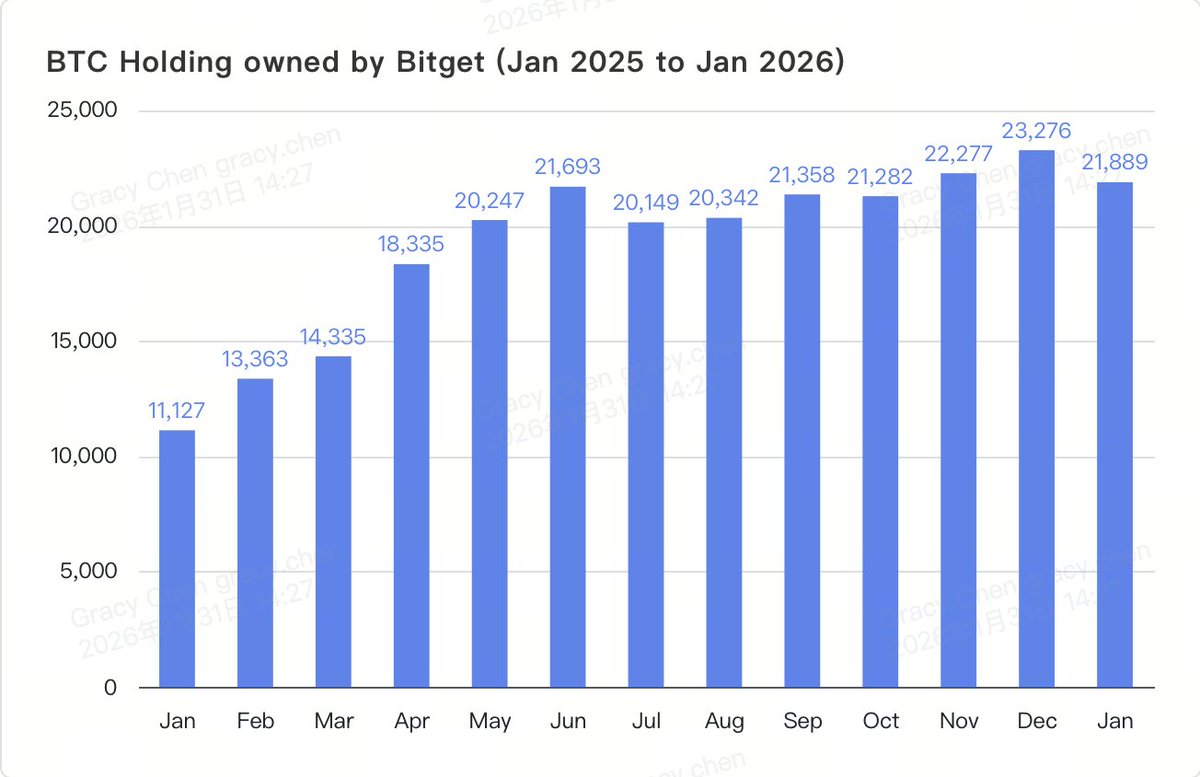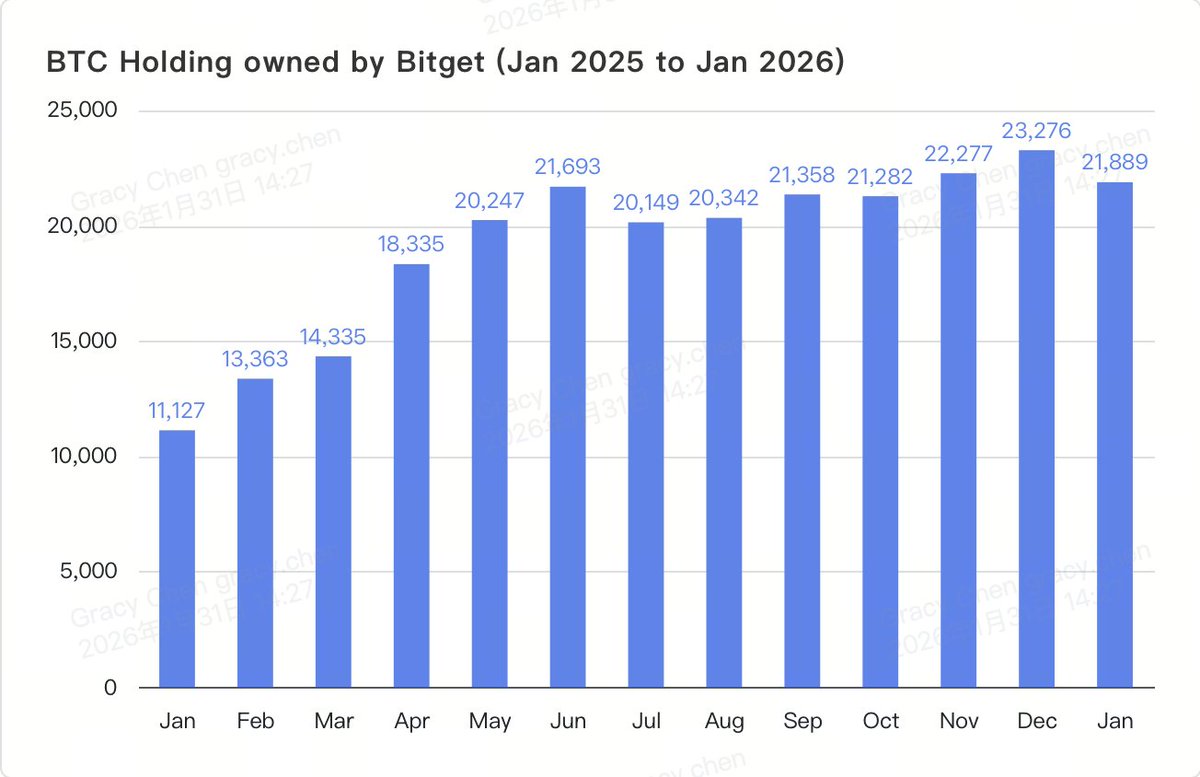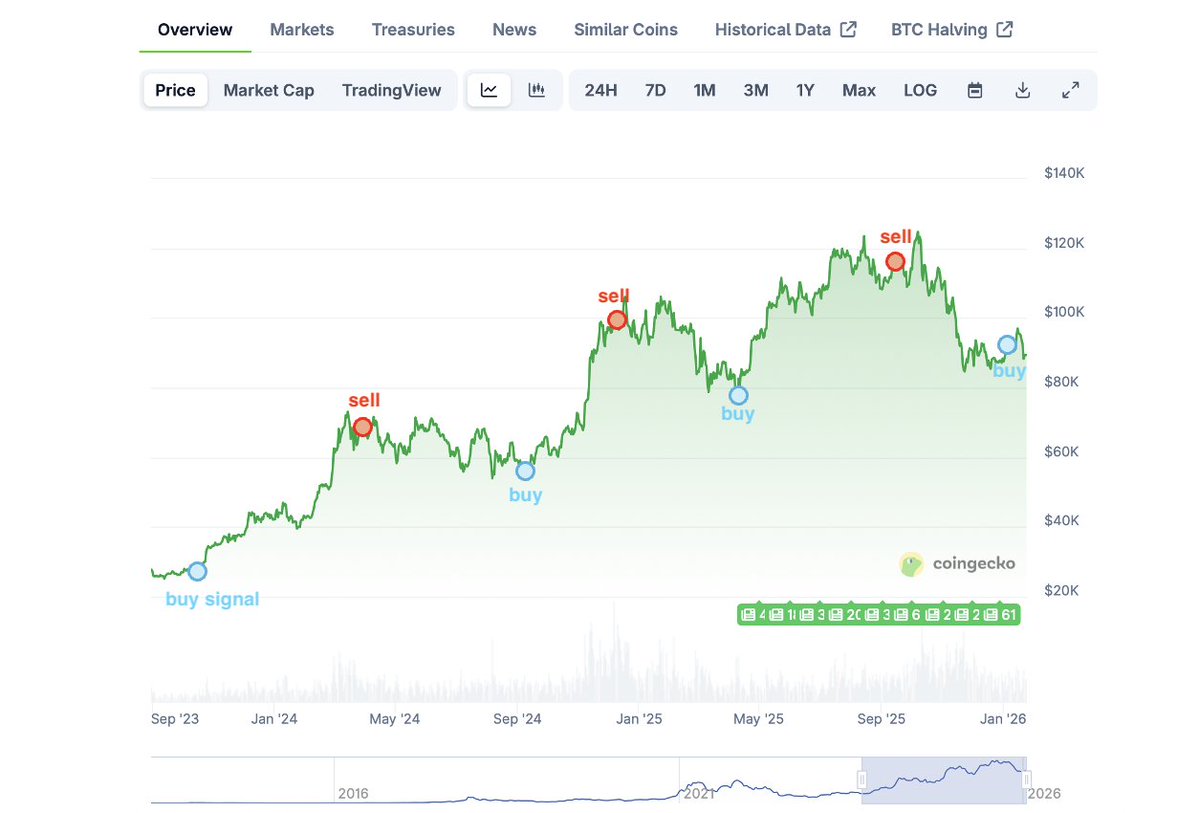Today was a fulfilling day at the #OndoSummit summit hosted by @OndoFinance.
A full day of intensive interviews and meetings 👇
🔹 Great time catching up with Sandy from @FTI_Global. We talked about business again (😄).
Looking forward to listing $BENJI on @Bitget soon.
🔹 Also had an in-depth interview with @fintechfrank. He always asks insightful questions.
🔹 Participated in a panel discussion on "Exchange 2.0: From Crypto to Stocks." The lines between traditional finance and cryptocurrency are rapidly blurring. I'll share some video clips later.
🔹 Had a pleasant dinner with entrepreneurs and institutional representatives from various industries.
New York is in a booming development phase 🍎🗽
Price Converter
- Crypto
- Fiat
USDUnited States Dollar
CNYChinese Yuan
JPYJapanese Yen
HKDHong Kong Dollar
THBThai Baht
GBPBritish Pound
EUREuro
AUDAustralian Dollar
TWDNew Taiwan Dollar
KRWSouth Korean Won
PHPPhilippine Peso
AEDUAE Dirham
CADCanadian Dollar
MYRMalaysian Ringgit
MOPMacanese Pataca
NZDNew Zealand Dollar
CHFSwiss Franc
CZKCzech Koruna
DKKDanish Krone
IDRIndonesian Rupiah
LKRSri Lankan Rupee
NOKNorwegian Krone
QARQatari Riyal
RUBRussian Ruble
SGDSingapore Dollar
SEKSwedish Krona
VNDVietnamese Dong
ZARSouth African Rand
No more data








